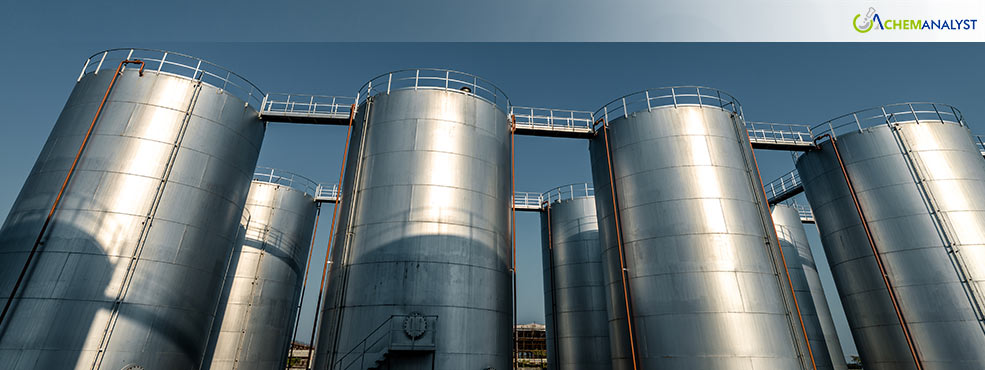Welcome To ChemAnalyst

On October 1, 2024, ADNOC International Germany Holding AG announced a voluntary public takeover offer to acquire all shares of Covestro AG at 62.00 euros per share, marking the largest acquisition of a European company by a Middle Eastern firm. ADNOC will invest 1.17 billion euros by subscribing to new Covestro shares, increasing its share capital by 10% (18.9 million shares). The Abu Dhabi National Oil Company (ADNOC), the state-owned oil company of the UAE, is the world's 12th largest oil producer. This partnership supports Covestro’s "Sustainable Future" growth strategy while maintaining its governance structure and contributing to sustainability and the transition to a circular economy.
As per ChemAnalyst estimation, as demand for bio-based isocyanates and polyols is expected to rise in the coming years, prices for these materials are projected to increase. Meanwhile, ADNOC is making significant strides in the production of these bio-based components, aligning with its sustainability efforts. By focusing on environmentally friendly alternatives, ADNOC is positioning itself to meet the growing global demand for sustainable materials, contributing to the broader shift toward a more sustainable and circular economy. In 2022, Covestro had introduced bio-circular Polyether Polyols at its Dormagen site in Germany, alongside renewable TDI and climate-neutral MDI, enabling the production of polyurethane foams from alternative raw materials. These Polyols were produced using the mass balance approach, incorporating biowaste and residual materials.
On the other hand, the European shift towards bio-based materials, driven by green chemistry and the goal of achieving carbon neutrality by 2050, is expected to influence the demand for traditional petrochemical-based polyurethane components. As companies pivot towards bio-based alternatives, the market share of petrochemical-based isocyanates, such as TDI (Toluene Diisocyanate), MDI (Methylene Diphenyl Diisocyanate), and Polyether Polyol, is projected to decline. This shift will likely exert downward pressure on the prices of petrochemical-based polyurethane components in the coming months. Concurrently, Chinese petrochemical-based isocyanates, including TDI, MDI, and Polyol, are available readily at lower prices in the international market, with China being the dominant producer in the Asian region. Due to higher production costs in Europe, the region typically relies on imports from China, taking advantage of the arbitrage window created by the price differential.
Covestro, with a broad portfolio of polyurethane, polycarbonate materials, and raw materials for coatings and adhesives, holds a 40% global market share in aliphatic isocyanate derivatives. Its largest site in Europe, Dormagen, hosts the company's biggest TDI production facility. In line with its commitment to climate neutrality by 2035, Covestro invested significantly in modernizing the Dormagen plant, which has an annual capacity of 300,000 tons. The plant, using Covestro's gas phase technology since 2015, reduced energy consumption by 60% and solvent use by 80%. After the modernization, it was expected to cut energy use by 80% and reduce emissions by 22,000 tons annually. The first phase of the project was completed, with upgrades planned for completion by 2025. Funded partly by the German Federal Ministry for Economic Affairs and Climate Action, the investment aims to enhance sustainability, reduce energy costs, and strengthen the European market and benefiting industries that rely on soft foam, such as for mattresses, furniture, and car seats.
In conclusion, ADNOC's strategic acquisition of Covestro and its focus on bio-based isocyanates and polyols align with the growing global demand for sustainable and environmentally friendly materials. This move supports Covestro's sustainability goals and the transition to a circular economy. As Europe shifts towards bio-based alternatives, traditional petrochemical-based polyurethane components are expected to decline in demand and pricing, while Europe's reliance on lower-cost Chinese imports continues due to price differentials. Together, these developments reflect a broader industry trend towards sustainability and a more circular economy.
We use cookies to deliver the best possible experience on our website. To learn more, visit our Privacy Policy. By continuing to use this site or by closing this box, you consent to our use of cookies. More info.
